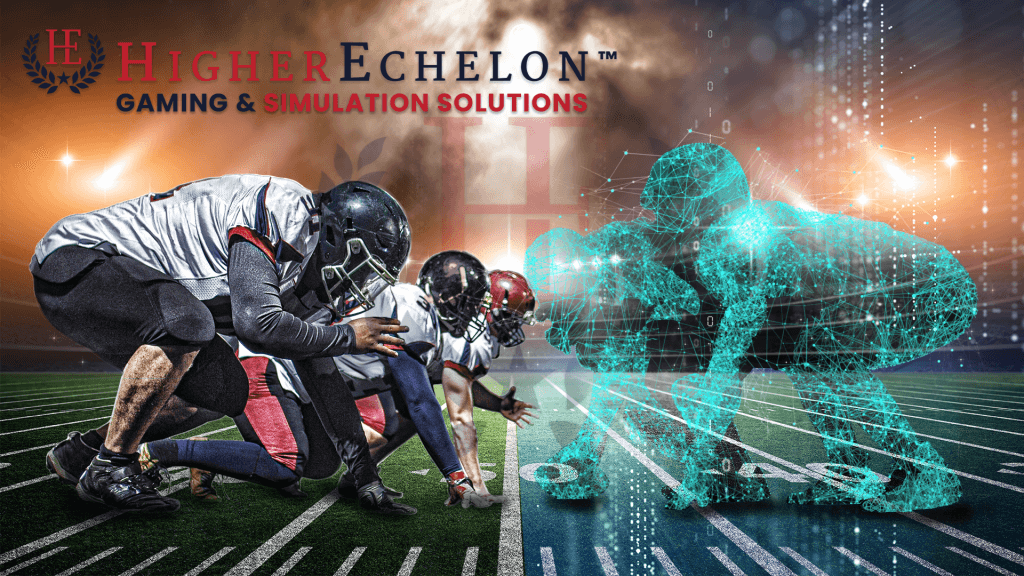
Technological advancements continually reshape the way we view and interact with the world. One of these advancements, virtual reality (VR), has made significant waves across several industries, including sport psychology. Through VR, sport psychologists are reinventing how athletes train, improve, and overcome psychological barriers.
What Is the Field of Sport Psychology?
Sport psychology is a specialized field that combines elements of psychology and sports science to improve athletes’ performance and well-being. It focuses on understanding the psychological aspects that affect athletes’ physical performance and using that knowledge to build mental strategies that can enhance performance, build resilience, and manage stress.
Potential Applications of Virtual Reality for Sport Psychology
VR offers many exciting applications for sport psychology. With this technology, psychologists can create realistic simulations of game situations, which can provide athletes with valuable experience without the physical risk or logistical complications of real-world training.
In a controlled VR environment, psychologists can adjust various parameters like crowd noise, weather conditions, or even the skill level of the opponent, providing athletes with a broader range of training scenarios.
Benefits of Virtual Reality for Sport Psychology
VR’s rise in sport psychology offers numerous benefits that stretch beyond traditional methods. Here are a few of the most notable advantages.
Create or Recreate Specific Environments
In sport psychology, the capacity of VR to simulate and control environments provides a groundbreaking shift in the way athletes are trained. With VR, environments unique to the athlete’s sport can be constructed, realistically mimicking the distractions and pressure points present during a live game – be it crowd noise, bright lights, or tense endgame scenarios.
This is a significant enhancement over traditional methods, which largely depended on the athlete’s imagination. The ability to replicate these conditions enables sport psychologists to offer immersive training experiences that can be tailored and repeated, helping athletes sharpen their responses and develop strategies for actual game situations.
Observe an Athlete’s Specific Techniques and Performance
VR simulation not only aids athletes but also offers sport psychologists a profound tool for observation. Through VR, they can scrutinize specific techniques and performances, identify areas of improvement, and develop targeted training regimes.
Moreover, by comparing the movements of multiple athletes in similar simulations, psychologists can detect patterns, acknowledge strengths, and address weaknesses that may have been overlooked previously. The unique observational capabilities of VR provide a level of detail and insight that can elevate the effectiveness of training programs.
Replay Situations or Movements with Accuracy
One of the most transformative assets VR brings to sport psychology is precise replay ability. With VR, athletes and coaches can revisit specific situations or movements, reviewing performance with unmatched accuracy.
The power of visualization is greatly enhanced, allowing athletes to study their past performances, recognize their comfort zones and areas of struggle, and learn from their mistakes. This visual feedback can be a game-changer for athletes, driving home the changes that need to be made in a far more impactful way than verbal instructions alone.
Contact HigherEchelon for Virtual Reality Solutions
VR has powerful applications for sport psychology. If your team wants to tap into this technology, trust the experts at HigherEchelon. Our team is committed to leveraging the latest VR technology to help athletes build mental toughness, improve performance, and reach their peak potential.
Call us at 256-724-8843, email us at Solutions@higherechelon.com, or fill out this form to discuss your needs with one of our experts.